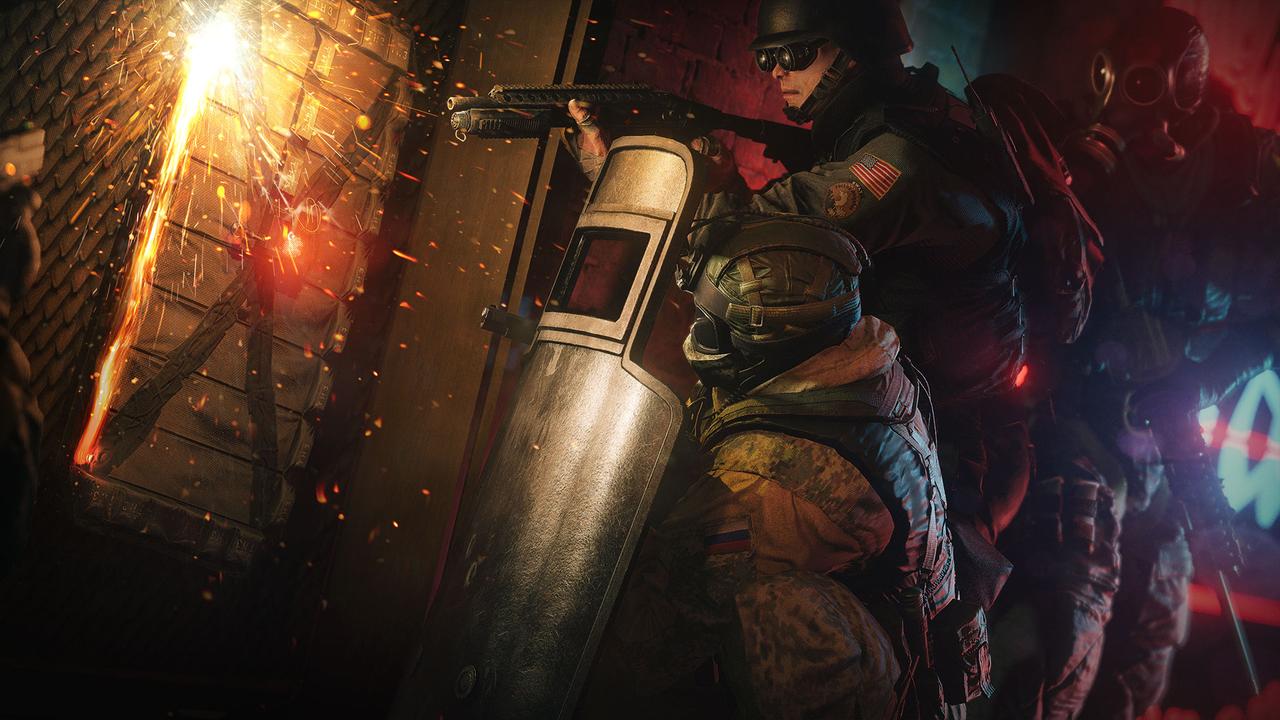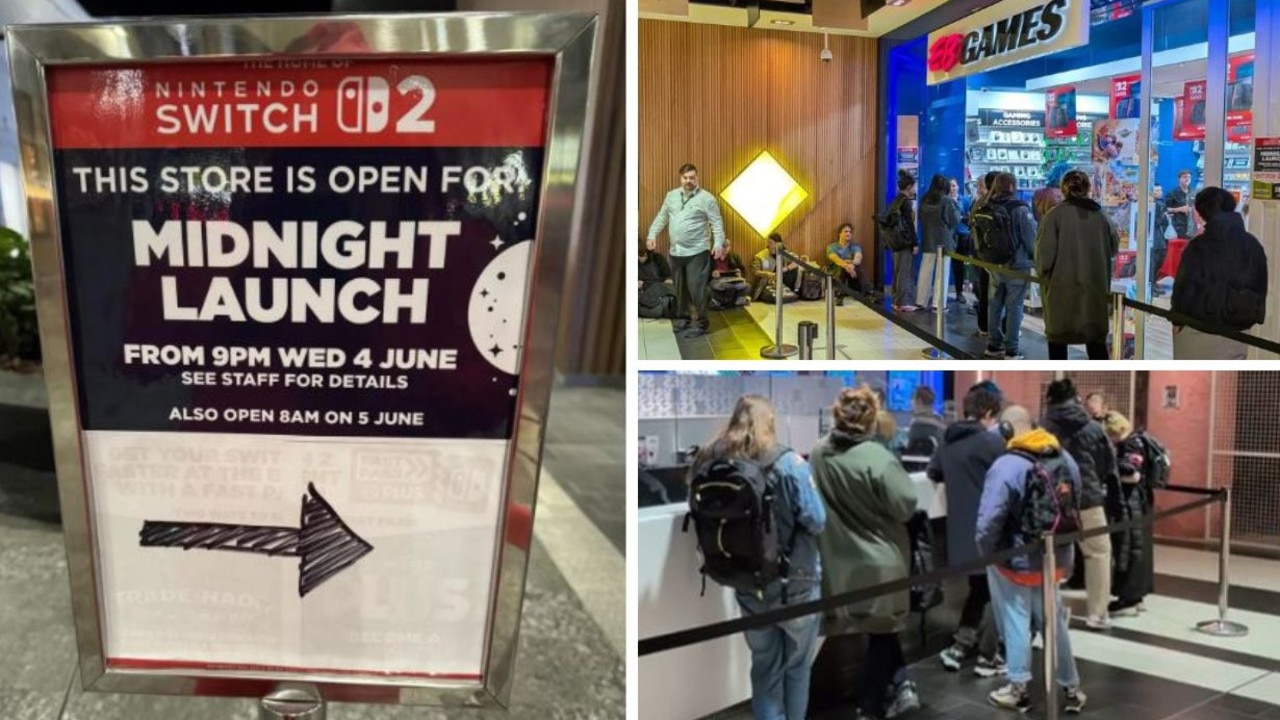Ubisoft reveals clever anti-cheat technique
The Assassin’s Creed and Far Cry publisher has revealed a sneaky new technique for catching cheaters by forcing them to remove themselves.
Ubisoft, the developer and publisher behind Assassin’s Creed and Far Cry, has revealed a sneaky new technique for catching cheaters that forces them to quit the game themselves.
Cheaters have long been an issue in online video games, and Ubisoft’s games are no different. The game in question is Rainbow Six Siege, an online team-based first-person shooter that’s become wildly popular for its esports scene.
The game recently faced an awkward situation, when hackers flooded the Rainbow Six game with nudity for several days. Ubisoft was quick to respond to the issue, but the problem still affected many.
One of the other problems facing Rainbow Six Siege is an issue called “spoofing”, in which mouse and keyboard players hide their details so they can play on console servers. Because mouse and keyboard controls are much more precise than using a console controller, players who spoof this way typically have a great advantage and often end up winning matches easily.
Ubisoft has been attempting to address the issue for years, and has banned many players for it. However, bans can often take weeks or months to institute, and they usually require human review to verify and action the apparent cheating (thanks, TheGamer).

Over the weekend, Ubisoft revealed a new anti-cheat system called Mousetrap, due to be introduced in the game’s upcoming season next month. Unlike traditional anti-cheat systems, which typically identify and ban suspected cheaters, Mousetrap works by making cheaters frustrated enough to quit the games themselves.
When the system detects a person who might be spoofing, it starts subtly introducing latency to the suspected cheater’s game. This means that the player’s actions won’t be transmitted online as quickly as they would normally be, with a slight delay between sending and receiving information.
The latency introduced ramps up in subsequent matches, to the point where the game becomes too frustrating to play as other players, who aren’t cheating, will much more easily be able to react and take out the affected players.
We've put out the 🧀, now it's time to catch some ðŸ
— Rainbow Six Siege (@Rainbow6Game) February 18, 2023
Check out Rainbow 6 Siege's newest anti-cheat measure, Mousetrap, coming in Y8S1.2. pic.twitter.com/T1jLl3LtTS
This should, Ubisoft hopes, get spoofers and other similar cheaters to simply quit playing out of frustration. As many fans have pointed out, the beauty of the system is that players who receive a false positive are more likely to reach out to the game’s support, but cheaters most likely won’t, as they would risk having their accounts banned.
Video game latency became a surprising political hot topic last week during Senate estimates, when a Liberal politician said that the NBN wasn’t good for games. A senator said that the NBN’s satellite network, typically used in regional Australia, had too much latency to be used with online games.
Written by Oliver Brandt on behalf of GLHF.





